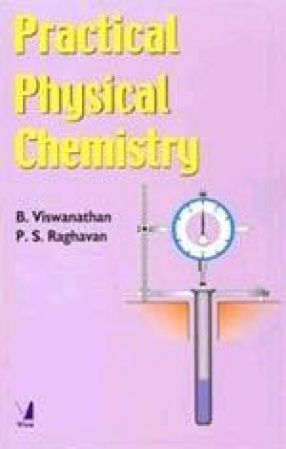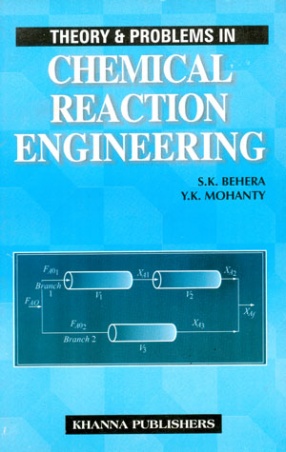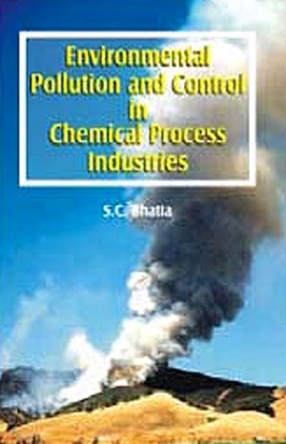Heterogeneous Catalysis
Heterogeneous Catalysis is a subject of great industrial importance. Almost 80 per cent of the heavy chemicals are produced by employing heterogeneous catalysts at some stage or other. This is why it has become necessary to introduce the subject in the Master's programmes in Chemistry and Chemical Technology. Excellent monographs have been written by leading experts with great insight and these are very useful to research workers in this field. However, there are only a few that can serve as textbook. It is hoped the present book will serve that purpose.
Absorption phenomenon has been considered in the chapters 1-3 and 5. They cover adsorption isotherms and energetics of adsorption both for homogeneous and heterogeneous surfaces. Both physical adsorption and chemisorption have been considered. Chapter 6 gives some general principles of catalysis and Chapter 7-9 present catalysis by metals, semiconductors and acidic solids including zeolites and clays. Chapter 10 presents mechanism of some selected reactions. Catalyst texture (surface area, porosity) has been discussed in Chapter 4. Chapters 12-15 are dedicated to catalyst characterization that include infrared and Raman spectroscopy, thermal methods, ESCA and Auger methods as well as NMR, EPR and Mössbauer spectroscopic methods. The last two chapters of the book are dedicated to catalysts preparation and the role of diffusion in heterogeneous catalysis.
Get it now and save 10%
BECOME A MEMBER








Bibliographic information
B Viswanathan